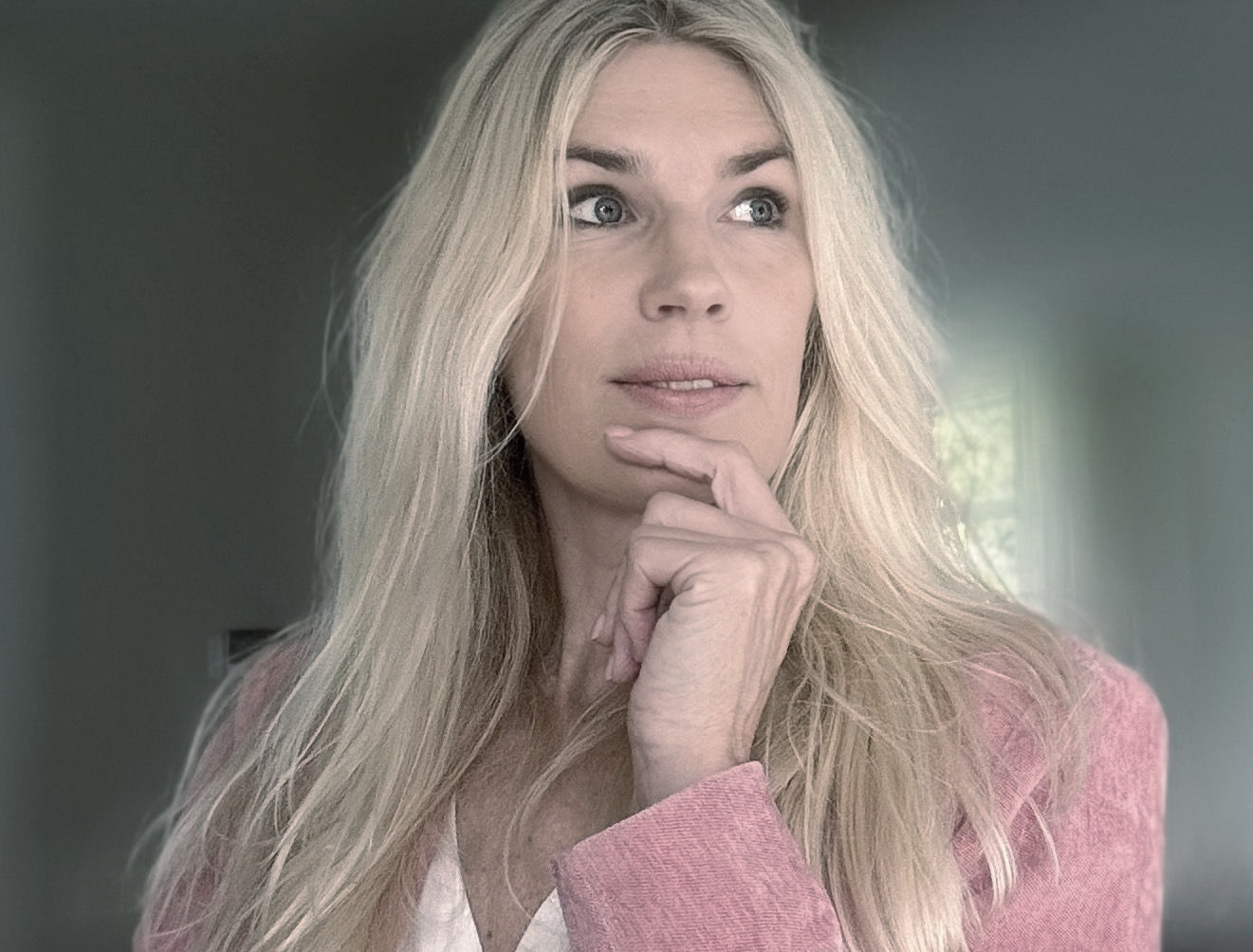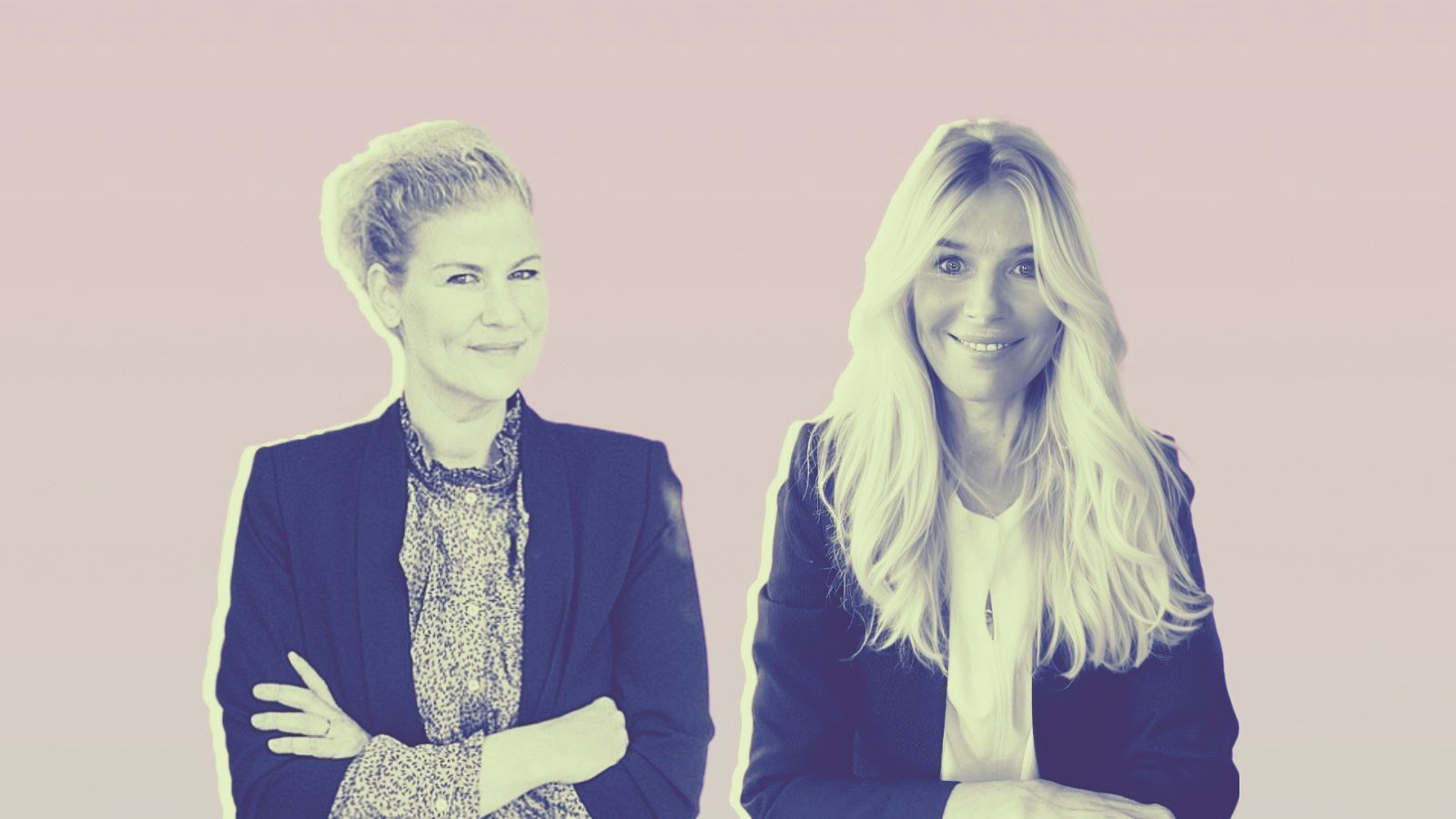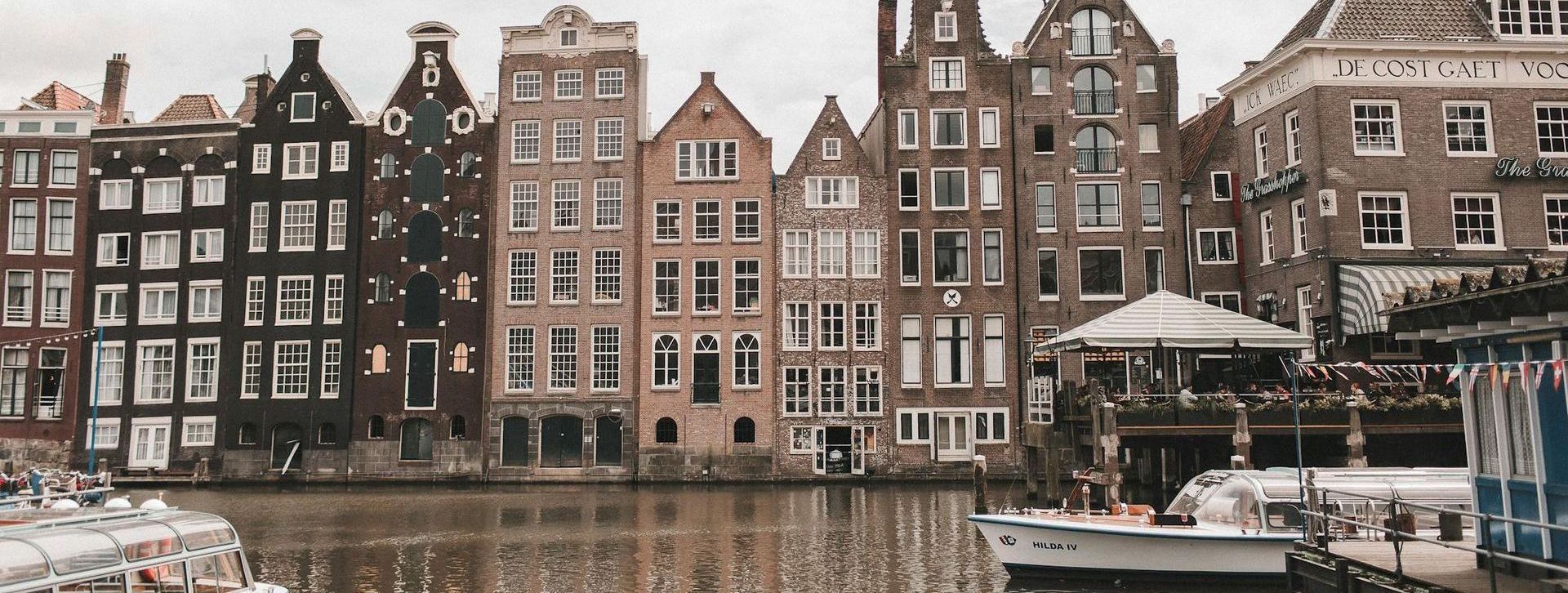Leadership Without the Mask: Why I Choose to Be Myself
Leadership Without the Mask: Why I Choose to Be Myself
I find it complicated—this idea of roles. Of masks. Of performance. When I’m expected to feel like “the CEO” — strategic, controlling, untouchable — I feel a sense of distance. From myself, and from the people I work with. It’s like stepping into a play whose script I don’t believe in.
I just want to be Ineke. The same Ineke I am at home, with friends, or when you first meet me on holiday. Why should I become a different person at work? Why change my tone, my behavior, my posture—just because I have a “position”?
Servant Leadership Takes Courage
I’ve never believed in the kind of leadership that relies on power as its main tool. I believe in servant leadership. For me, that means being available. Listening. Creating space for others to grow.
That’s not a passive style—it’s a deeply intentional one. Because it takes courage to hold back instead of stepping in. To trust instead of control.
That doesn’t mean I don’t provide direction. Of course I do. As a leader, I carry the final responsibility. But I don’t believe all good decisions come from the top. They emerge where people truly engage with one another. Where ideas can be shared without fear. Where people are allowed to speak their minds—even if it gets uncomfortable.
And that requires one thing: equality.
Equality Isn’t a Luxury—It’s a Requirement
When leaders perform a role, others follow suit. They say what they think you want to hear. They hold back. And that creates a façade—where real concerns, real ideas, and real insight stay buried beneath the surface.
I’ve seen it happen time and again. In large organizations, in meetings, in management teams. People adopting a tone that fits the moment—formal, overly assertive. As if you’re only taken seriously when you hide your vulnerability.
But that no longer works. Not for me. And not for the new generation of employees, who immediately sense whether you’re being real—or just playing a part.
I see it outside organizations too. Take unions, for instance. Some still approach negotiations with a rehearsed tone, a hardline stance. A kind of strategic theatre: “We are against you.”
But that’s theatre for an old system. It might still resonate with people who think hierarchically—who believe pressure and conflict lead to results. But it misses the mark completely with today’s organizations, which thrive on trust, openness, and collaboration.
When everyone is busy defending positions, nothing new gets created.
Leadership Means Daring to Invite Others In
To me, leadership isn’t a “position” from which you make decisions. It’s a role where you invite others in. Where you say: “This is what I’m seeing. Here are my thoughts. What do you see?”
That’s not vague or wishy-washy. It’s powerful. Because it means you’re truly listening—and that you’re open to changing your mind when someone has a better idea.
That’s why I don’t believe in the classic questions leaders so often get asked:
- What’s the strategy?
- How will you solve this?
- How will you ensure growth?
Those questions suggest that the future of an organization depends on one person at the top. But that’s an illusion.
The real question should be: Do we share a vision of where we’re going? And are we willing to take responsibility for getting there—together?
Authentic Leadership Is No Longer Optional
And research backs this up. Harvard professor Amy Edmondson shows that psychological safety—the feeling that you can speak up without fear—is crucial for innovation and success. And Rob van Dierendonck at Erasmus University shows that organizations with authentic, servant leaders have more engaged employees and better performance.
So no, it’s not “soft” to be yourself as a leader. It’s absolutely essential.
We live in a time where change is the only constant. This era doesn’t need leaders who pretend to know it all, who put on a performance to appear strong, who control instead of connect.
I don’t want to be the kind of CEO who floats above the organization.
I just want to be Ineke. Standing with both feet on the ground, asking, listening, sharing. And from that place of connection—building something real, together.









